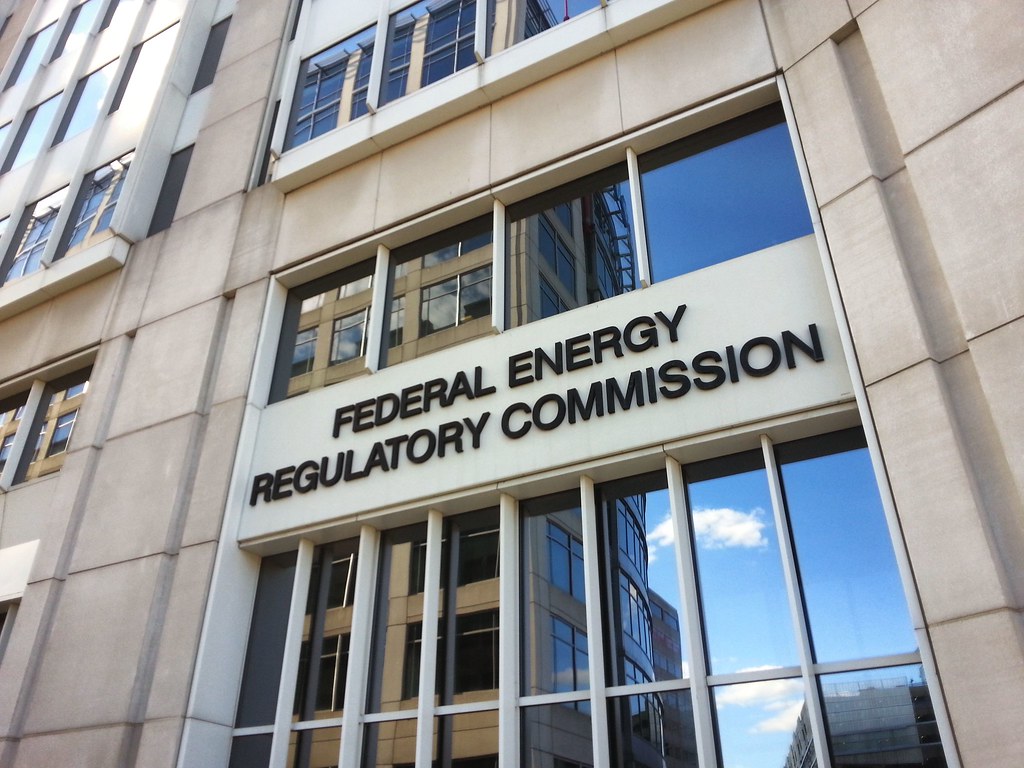
DOE Seeks to Overturn FERC Draft Pipeline Policy, Potentially Reshaping Gas Project Reviews
The U.S. Department of Energy has asked FERC to rescind its long-pending draft pipeline certificate policy under a rarely used statute, a move that could reshape how gas infrastructure projects are reviewed.
(P&GJ) — The U.S. Department of Energy (DOE) has asked the Federal Energy Regulatory Commission (FERC) to formally withdraw its long-pending draft policy on the certification of new interstate natural gas facilities.
Energy Secretary Christopher Wright submitted the request on Aug. 29 under Section 403 of the Department of Energy Organization Act, a rarely used provision that allows the DOE to propose rules or policy changes within FERC’s jurisdiction. If rescinded, FERC would need to open a new docket and build a new record before considering similar policy changes again.
The draft policy statement, first developed in 2018 and expanded in 2021, would have required FERC to weigh environmental impacts and greenhouse gas emissions when determining whether pipeline projects meet the public interest under the Natural Gas Act. It was reclassified as a draft in March 2022 following political pushback and has remained inactive since.
“This proposal seeks to eliminate uncertainty for natural gas infrastructure development,” Wright argued, calling the draft policy inconsistent with statutory authority under the Natural Gas Act and the National Environmental Policy Act.
Section 403 authority has been invoked only a handful of times, most recently in 2017 when former Secretary Rick Perry sought new rules to support coal and nuclear plants. Wright’s request differs in that it seeks rescission rather than adoption of a new rule.
FERC has noticed the request and will accept public comments through Sept. 9. The agency is expected to act by Sept. 30, though timing may depend on the confirmation of pending commissioner nominees.
While the move would not immediately change FERC’s current reliance on its 1999 Certificate Policy Statement, it signals that the DOE may play a more assertive role in shaping pipeline policy going forward.

